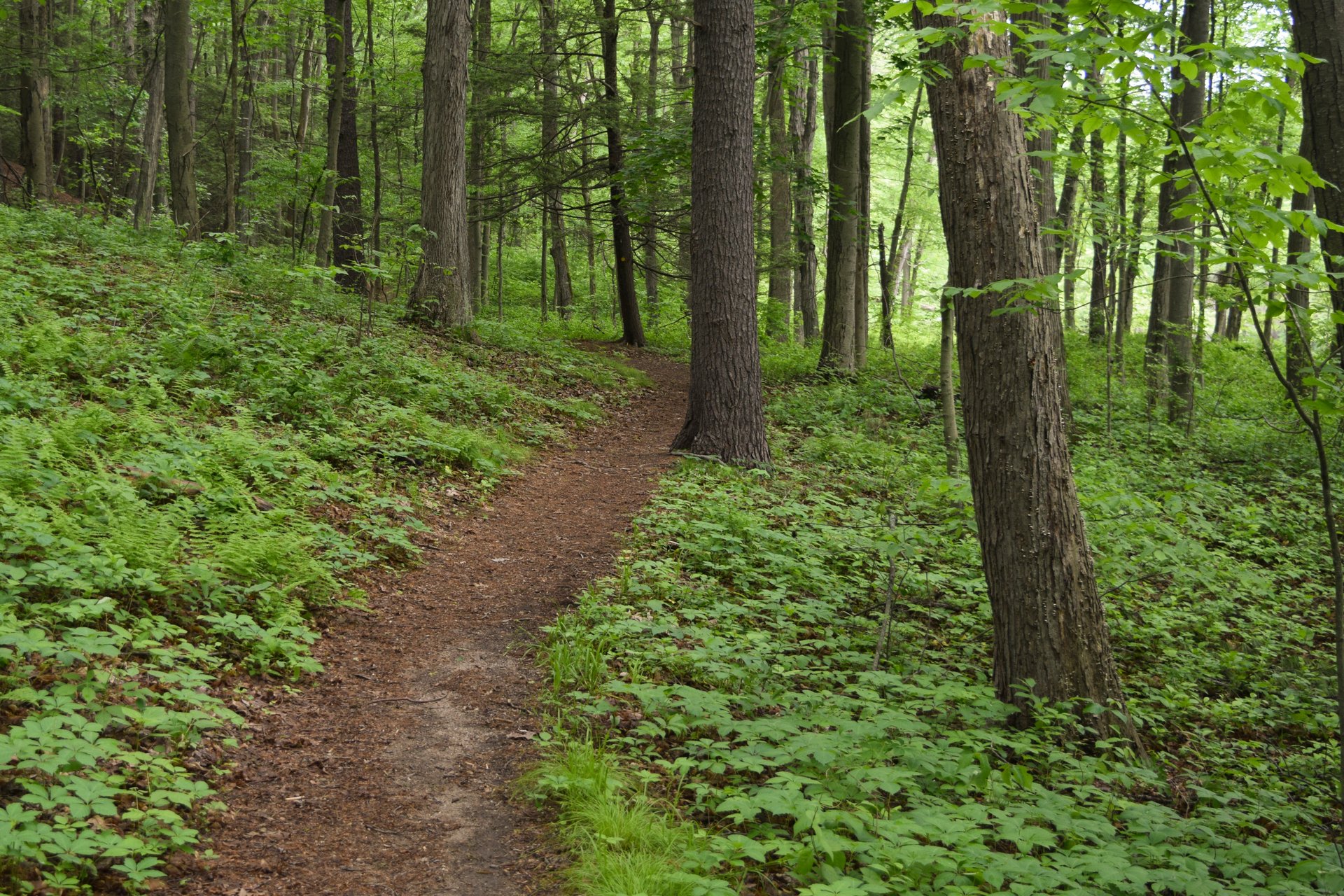Programs for Schools at Arcadia
Through field studies and classroom explorations, Mass Audubon school programs provide hands-on, inquiry-based experiences with science content and practices.
Our educators enhance students’ scientific understanding of species and habitats; ecological concepts such as food webs, cycles, systems, adaptation, and evolution; climate change; and interrelationships between people and nature.
In-School and at the Sanctuary
Whether you want to bring nature into the classroom or take lessons outside, our programs for schools offer insight into New England habitats and native species and enrich natural history and science lessons while strengthening students’ connections to the environment.
Arcadia offers field trip programs for schools at the sanctuary, in-school programs led by a Mass Audubon teacher naturalist, and hybrid programs that incorporate both an in-class and in-the-field experience.
Questions? Submit a school program inquiry
What to Expect When You Visit
Are you preparing to visit us with a group of students, including those with special needs? If so, we encourage you to review this step-by-step photo tour (Social Story) of Arcadia that shows you what to expect!
Teacher Professional Development
Mass Audubon’s Professional Development programs are designed to increase content knowledge, provide teachers with hands-on, STEM-focused learning experiences, and offer resources for teaching engaging, inquiry-based science lessons in the schoolyard or classroom. In-person and virtual workshops are available, along with consulting and site visits.
Mass Audubon works with districts and schools to engage Pre-K–Grade 12 teachers in meaningful professional development experiences that immerse teachers in the science of nature and the nature of science, furthering teacher expertise in nature-based learning, climate change, environmental literacy, environmental justice, and inquiry-based science. Our instructors are experienced educators, deeply interested in the experiences of teachers, and able to relate to the challenges of classroom teaching.
Mass Audubon offers both school-based PD programs to engage an entire grade level team or department in a deep dive on a particular topic or unit, as well as virtual and in-person public workshops throughout the year that are open to any educator. For an immersive experience, try one of our professional development Summer Institutes!



